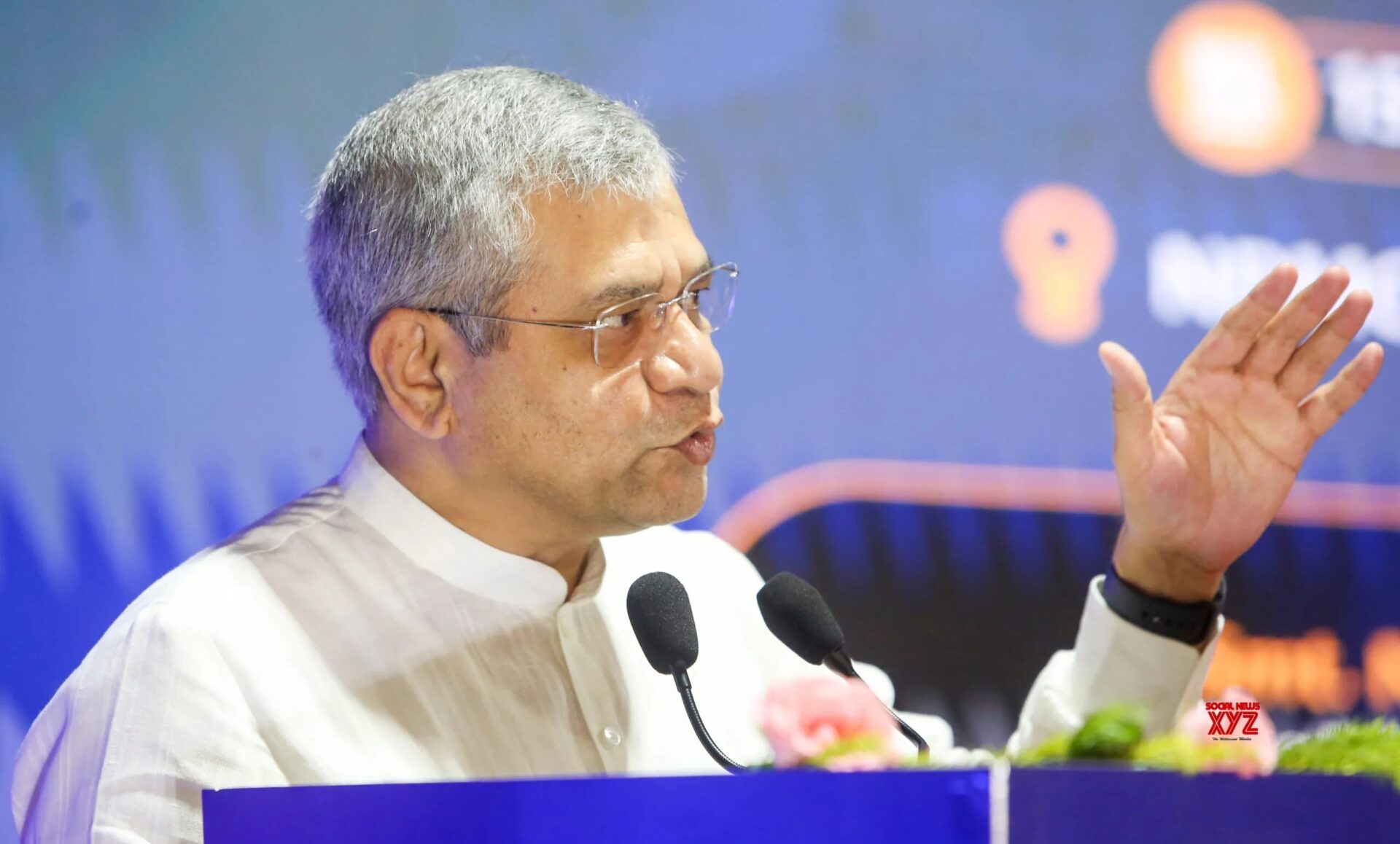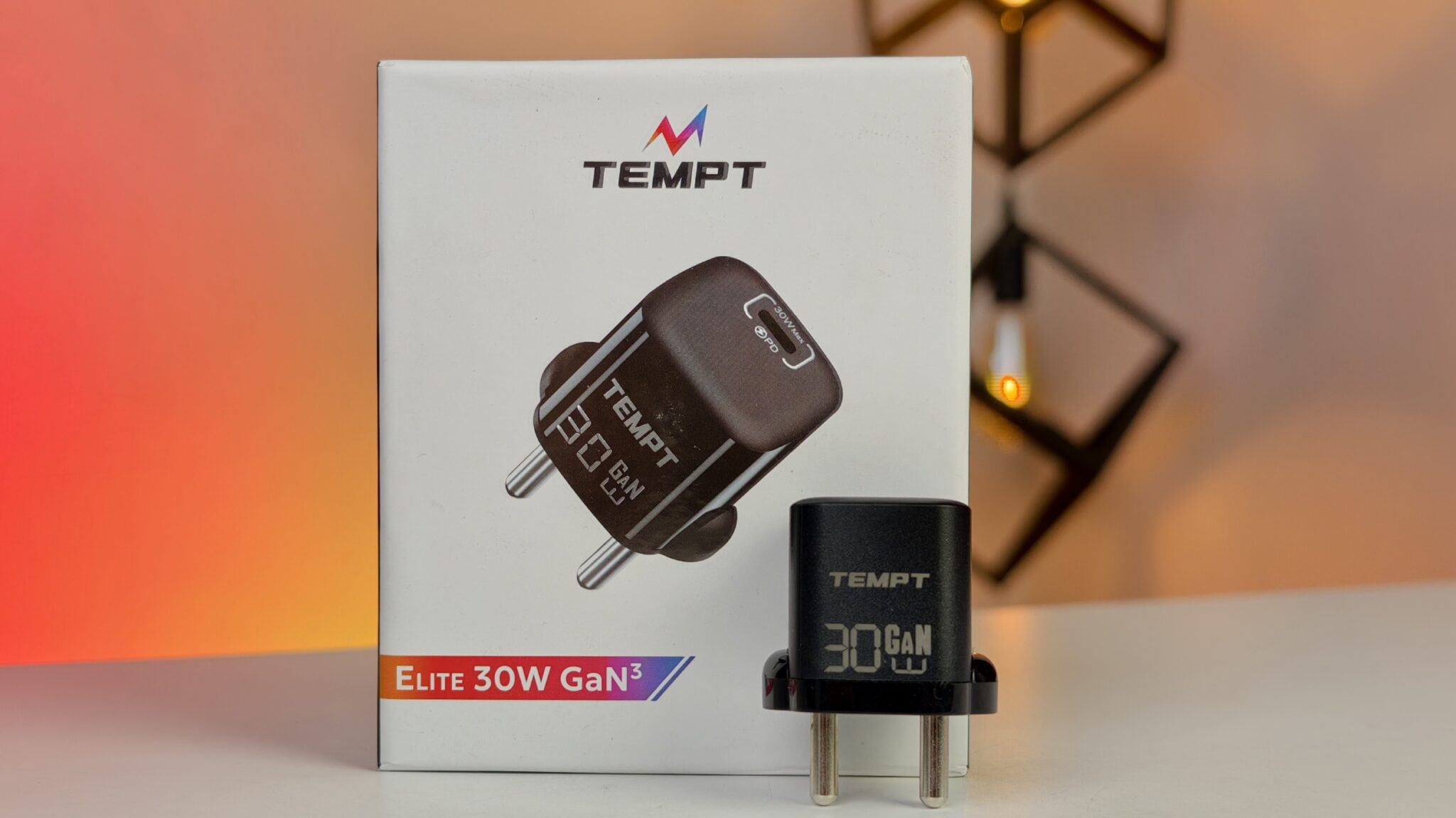India is moving forward with plans to establish manufacturing for 2-nanometer (2nm) chips, a step that could strengthen the country’s defence forces, national security systems, and ambitious space exploration projects. Producing these advanced semiconductors within India is expected to reduce dependency on foreign suppliers for critical electronic components. This effort is not only about technological progress but also about securing the supply chain for systems used in military hardware and essential national infrastructure.
At the heart of this initiative is the drive to build resilience. By ensuring access to high-end chips, India is attempting to safeguard itself against potential vulnerabilities that could arise from global supply disruptions.
Key Takeaways
- Self-Reliance: Domestic 2nm chip production reduces dependence on other nations for crucial technology.
- Defence Upgrade: Advanced chips will support smarter and more capable military equipment such as drones, missiles, and secure communications.
- Space Mission Support: Energy-efficient, high-performance 2nm chips are well suited for satellites and interplanetary missions led by ISRO.
- National Security: A steady and secure semiconductor supply is vital for protecting infrastructure like power grids, banking systems, and government communications.
Why 2nm Chips Matter
A 2nm chip uses transistors so small they are measured in nanometers. For comparison, a human hair is about 80,000 to 100,000 nanometers wide. Smaller transistors allow more of them to fit on a chip of the same size, which means faster processing and lower energy use.
This blend of speed and efficiency is particularly valuable for areas such as defence, secure communications, and space technology. It enables advanced applications to function at higher performance without consuming excessive power.
The India Semiconductor Mission (ISM) is the central force driving this push. It aims to create a complete domestic ecosystem for chip design and manufacturing, with the larger vision of turning India into a global electronics hub.
A Boost for Defence and National Security
India currently imports the majority of its semiconductors, which creates a strategic risk. Any disruption caused by geopolitical tensions or supply chain issues could affect access to these vital components.
Modern defence systems are increasingly dependent on advanced microchips. From guided missiles and radar systems to fighter jet avionics and drones, powerful processors are the backbone of today’s military technology. Local production of 2nm chips would ensure that India’s armed forces have uninterrupted access to these resources. It also reduces the risk of foreign-made chips containing hidden vulnerabilities that could undermine security.
The benefits extend to broader national security as well. Critical infrastructure such as communication networks, energy grids, and financial systems all depend on semiconductors. A secure domestic supply helps shield these systems from external threats and cyberattacks.
Powering India’s Space Ambitions
The Indian Space Research Organisation (ISRO) stands to gain significantly from this effort. Space missions demand electronics that can withstand harsh conditions while consuming very little energy.
Here, 2nm chips offer a major advantage. Their low power requirements allow satellites, rovers, and launch vehicles to operate longer on limited energy sources like batteries or solar panels. At the same time, their high processing power supports real-time navigation, communication, and scientific data analysis.
Having access to such chips within India will provide ISRO with the tools it needs for future projects, including the Gaganyaan human spaceflight program and deeper missions to the Moon and Mars.
India’s push for 2nm chip manufacturing is therefore more than just a technological milestone. It is a strategic investment in security, defence, and space exploration, setting the stage for long-term self-reliance in critical areas.
Frequently Asked Questions (FAQs)
Q. What exactly is a 2nm chip?
A. A 2nm chip refers to the manufacturing process used to create it, where the smallest components are just two nanometers in size. This allows for a much higher density of transistors compared to older chips (like 28nm or 14nm), resulting in better performance and lower power usage.
Q. Why is making chips in India important?
A. Making chips in India, also known as semiconductor fabrication, enhances national security by reducing dependence on other nations. It creates high-tech jobs, builds a local electronics industry, and protects the country from global supply chain disruptions.
Q. When will India start producing 2nm chips?
A. While India has approved plans for semiconductor fabrication plants focusing on mature nodes like 28nm, achieving 2nm production is a long-term goal. It requires huge investment and technology transfer. The government’s policies are aimed at building this capability over the next decade.
Q. How will this affect prices of phones and laptops in India?
A. In the long run, domestic chip manufacturing could help stabilize the prices of electronic goods and potentially lower them. However, the initial focus of advanced nodes like 2nm will be on strategic sectors like defence and high-performance computing, not consumer electronics.



















